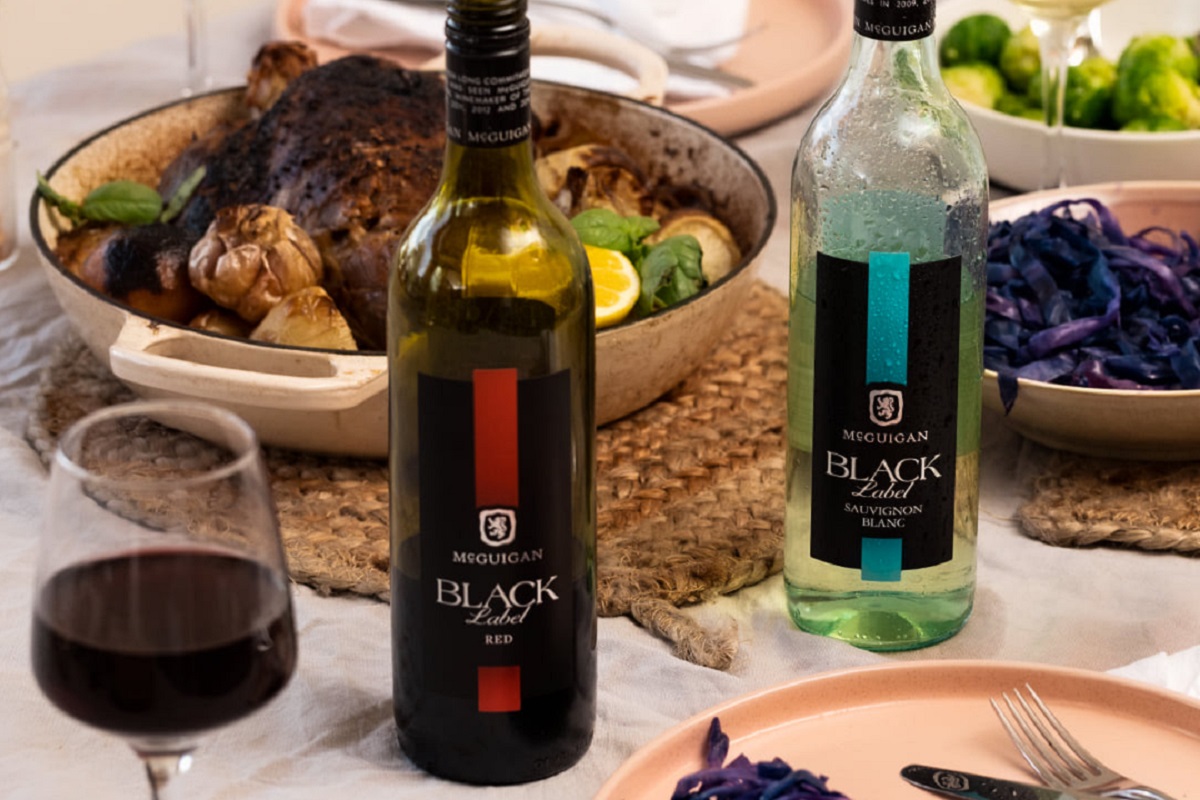Australian Vintage Limited (AVL) has outlined its plans for a ‘transformational’ 2026 financial year as it aims address both declining sales and the negative cash outflows of the business in recent years.
In a statement to the ASX AVL said it is in the early stages of a turnaround for the business and that the difficult decisions the business has made this year are the basis for the confidence about what the next financial year will bring.
One part of the AVL turnaround is the acquisition of the Madfish brand, which AVL said it anticipates will be “earnings enhancing from year one”.
The ASX statement said: “[AVl] is pleased to announce a strategic partnership with the WA based Burch family, one of the first families of wine in Australia. AVG has entered a contract subject to conditions precedent to acquire the international ownership of the Madfish brand, outside of Australia, a dynamic Australian wine brand in the UK. AVG have also negotiated distribution rights for Howard Park in the UK, Ireland, Europe and Canada, further leveraging the company’s global sales footprint.
“The Madfish brand is anticipated to be earnings enhancing from year one. Whilst the revenue from Madfish is small within the context of AVG’s overarching portfolio, it is strategically important to AVG in the UK as it provides a scalable (+200k cases) balance to red wine centric McGuigan and gives the portfolio a much-needed lighter varietal range that sits in premium price points adding a premium WA brand to the company’s international sales portfolio.”
In addition to the details of its Madfish acquisition AVL has also outlined its forecast for the remainder of this financial and FY2026.
The company stated: “For the current fiscal year, without the benefit of significant innovation initiatives, the portfolio dominated by McGuigan and Tempus Two is anticipated to move in line with the overall soft market. The Group is expected to post a three per cent decline in sales for FY25.
“Declining sales has consequences for our inventory and net debt position and helps explain the urgency of management’s initiatives to turn the company into sales growth for fiscal 2026 and beyond. We anticipate sales growth of mid-single digits for FY26.”
AVL’s inventory is also likely to be higher at the end of FY2025 as a result of declining sales as well “too much wine intake” for its Poco Vino and Lemescco brands.
AVL said: “As a result, our previous expectation of neutral normalised free cash flow for FY2025 is revised to be an outflow of approximately $13m for the full year. This projected result is an improvement of +$15m on the prior year and +$20m on FY23, on a like-for-like basis, showing the considerable progress the company is making. However, the result is disappointing, and we have doubled down our efforts on sales growth and inventory management for FY26.
“For FY26 we estimate a significant inventory reduction as wine intake has reached a peak in vintage 2025. We estimate a significant reduction in our wine intake as our long-term grower contracts roll off over the next three years.”
AVL also said it expects to end this financial year with net debt of around $76m, adding: “Our bankers are aware we planned to invest heavily in the business this financial year to break the stranglehold of declining sales and out-of-the-money wine contracts on our cash flow. This painful exercise was necessary upfront to set the business up for success, which based on pre-sales on our transformational innovation, and adding a fresh brand addition to complement our portfolio of brands will pivot the Group on a growth trajectory.
“These fresh sales growth initiatives coupled with the visibility we have on our grape intake reducing significantly each year, and over the next three years, gives us confidence that the Group is well poised to generate sustainable free cash flow in FY26 and beyond.”

